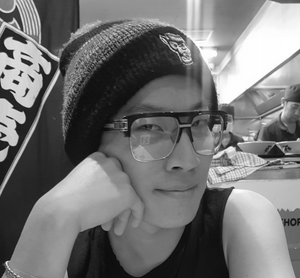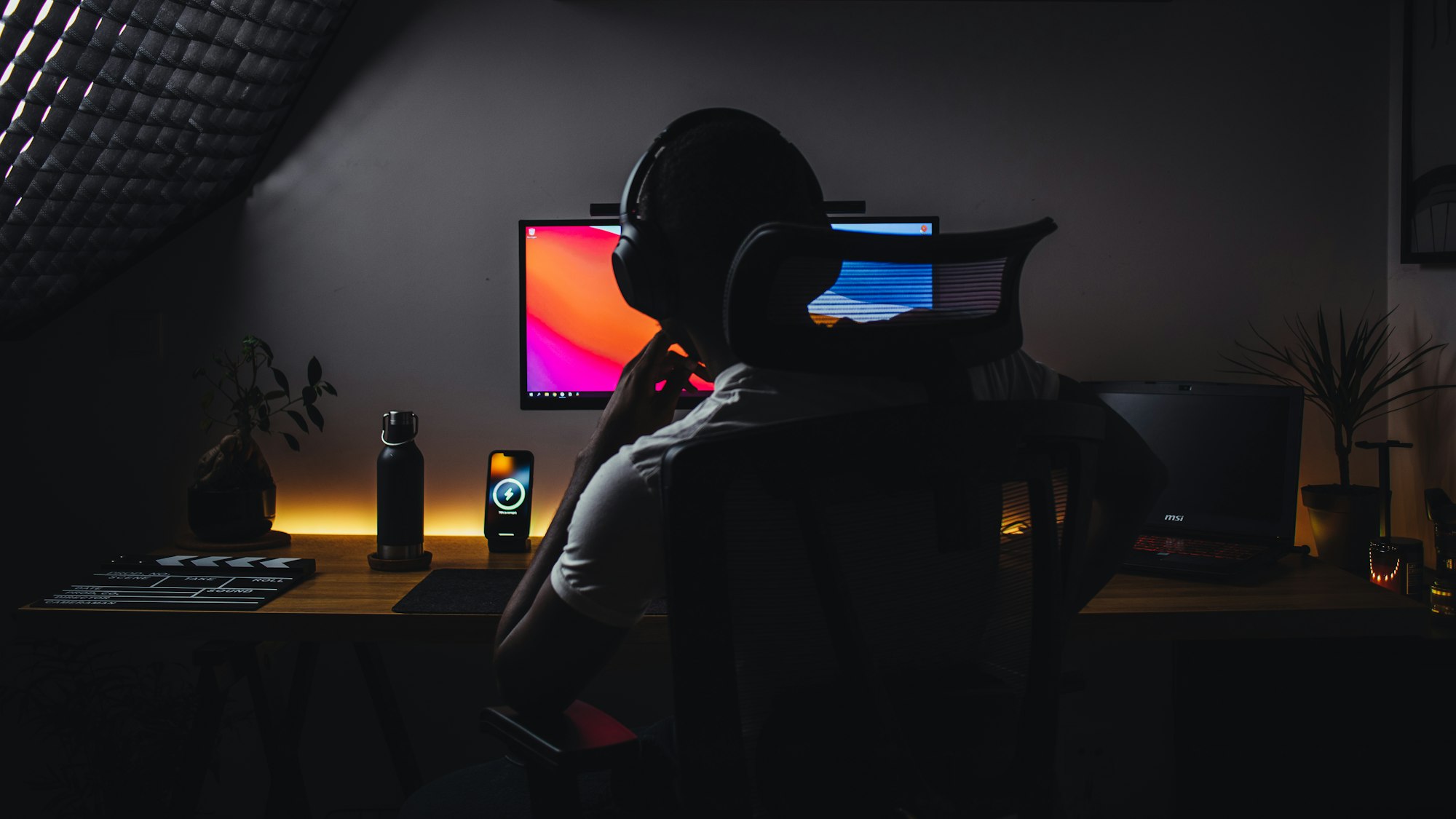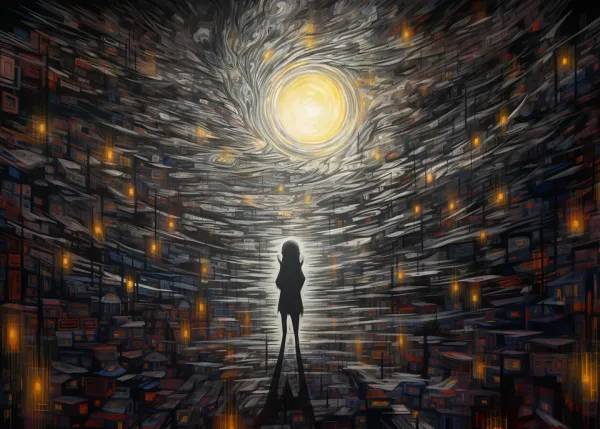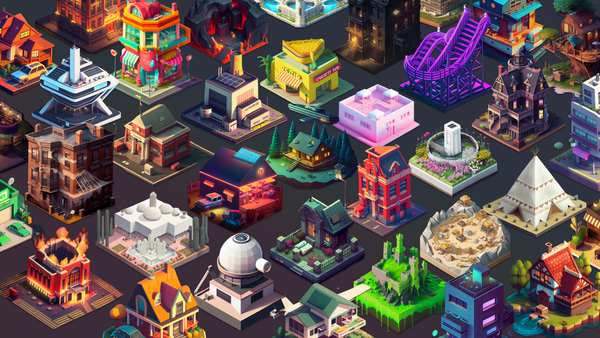Imagine this.
You're writing on a platform that makes you money.
You make some pretty good money, and eventually, you make enough to where you can quit your day job and write full-time.
You have a family of 4 that you support with this income.
And then one day, out of nowhere, your earnings get cut down to 1/4 of what they used to be.
You find out that the staff behind the platform you write on spontaneously decided to adjust their payout calculations and you take the fall for it.
Panic sets in and you worry about your ability to put food on the table for your kids.
How could you have seen this coming?
The danger of the variable paycheck
The truth is, you really couldn't have seen it coming.
And the truth is, there is one person out there who didn't have to imagine this scenario.
That whole thing I just wrote out? That was their truth.
Their reality.
On Medium.com.
In July, Medium rolled out some new changes to the Partner Program.
Many people applauded this, but there were quite a few others who also suffered tremendously.
Their stories are in the comments of that article I linked above if you don't believe me.
To share a few:
- We have the one guy I wrote about above whose earnings went from $200-300/day to $50-60/day.
- Someone else's read ratio dropped from 25% to 4%, while their earnings dropped by 90%.
- Another reported that they went from making $40–50/day to $3–7/day instead.
And there are more.
Whether the changes to the Partner Program were good changes or not isn't the point.
What is alarming is that we're all writing on a platform that can tank your earnings overnight at the drop of a hat if the people running it so choose.
What is your treasure one day could be your scraps the next.
I'm all for positive and favorable changes, but even the most well-intentioned bankruptcy is still a bankruptcy.
Making money on a platform like Medium is better than nothing.
But you should know that when you write on a platform like this, you're subscribing to a variable paycheck that could change at a moment's notice.
And if you become overly dependent on it and the Partner Program changes, and if you don't have diversified income streams, things are gonna look pretty bleak for you.
If you don't have your own domain, you're playing with fire
I mentioned in the title that I'm putting Medium in the backseat.
I'm not going to stop posting on Medium, but I am going to decrease the amount of content I put out on it.
This is for a few reasons, some of which I already wrote about in length in a newsletter I sent out.
Here they are.
Reason #1. Your paycheck is a lot more unpredictable and restrictive.
You shouldn't be surprised this is reason #1 after what I just wrote out above.
My website is mostly free to view for everyone without account registration, but those who want to become paid subscribers can do so for a fixed amount per month or year.
Sure, I can't predict when those subscriptions come or go, but at least I control the rate. There's no guessing game there.
On the other hand, Medium controls the rates and can change them randomly and at will.
Whether that damages your earnings or not is on you to deal with. We, the creators, are left scrambling.
I’m not saying Medium is “a bad guy” for doing this, and they did have good intentions.
But you have to understand the nature of writing on a platform that you don’t own.
Would you agree to work someplace if they told you your hourly rate could be anywhere between $1-20/hour on any given week?
Furthermore, Medium only supports 42 countries in the Partner Program, and if you're not within those 42 countries, good luck.

I'd suggest finding another avenue, like having your own website, where you get paid the way you deserve to get paid for your writing.
Reason #2. You don't get to write according to your own rules.
Medium isn't your domain.
It's an apartment building and you're renting the apartment unit.
And if you don't do exactly as they say and follow their guidelines, they can evict you.
It's not about whether the rules are reasonable or not.
When you write on a platform that doesn't belong to you, you have to play by someone else's rules.
I'm going to quote myself from my newsletter:
If Medium doesn't like what you're putting out there, they can shut down your account and remove all your content from their platform at the drop of a hat, effectively censoring you from their website forever.
Medium has an encyclopedia of rules that are open to countless interpretations, all protected by a "we have the sole authority and final decision as to whether content or behavior violates our rules" clause that makes them the incontestable judge, jury, and executioner of every piece of content and writer that graces their website.
You could get shut down for any or no reason at all, and all they have to say is: "We warned you!"
You could do your very best to play by the rules, but you'll never be able to shake that everything you're creating is subject to their interpretation of it.
Let's not forget about the subset of rules that you have to follow if you want to write for a publication.
For example, a publication on Medium can:
1. Require that you use certain tags in your article, when you're already limited to five tags per post. This controls the kind of exposure and visibility you get.
2. Limit the links in your post, no matter how relevant your links are to what you're writing about.
3. Enforce certain types of formatting or writing styles that may restrict a writer's unique voice.
Publication editors also have the ability to edit your entire article and change what you write as they see fit. If they wanted to, they could just delete your whole article.
I've had editors quietly change my article before publishing it without consulting me first.
And that last bit grinds my gears, because these weren't tiny changes, like a comma here and there.
We're talking about changing pictures and sentences.
Changing my tone of voice.
You don't see people going to museums and painting over other peoples' work, so why would you do that with someone else's writing?
When I write on my own website, I never have to worry about anyone touching my work.
I can hit "Publish" and close my eyes, assured that my words aren't going to be messed with.
That way, people can consume content that is authentically mine.
Reason #3. I want more traffic to my own domain to build my brand.
This reason is a lot more "tame" compared to the second.
I'm starting to see Medium not as a writing platform, but just as a social networking platform for writers.
I'm not stopping posting on Medium entirely because I still want people to see some of my fresh content while I network on the platform.
But I also don't want to be just another writer on Medium.
I'm going to put more tasteful and intentional CTAs in my posts to get people off my Medium page to explore more of what else I have to offer outside of Medium.
And I'll be posting less on Medium so that there's even more content on my website that people who only stick around on my Medium page won't get to see.
Which incentivizes getting off my Medium page, right?
Besides, you can't tell me having my own website under my own name isn't cooler than having my name attached at the end of "Medium.com!"

My urgent recommendation to content creators
I've encountered a lot of great writers and creators across a variety of platforms, but I don't see a lot of websites.
Without a website, without a backup of your content that you control, you're praying every night that the platforms you create on won't just delete your content and ban you.
I don't say this to come off as paranoid or to imply that platforms you don't own are run by tyrannical monsters.
But I've seen people get booted off platforms spontaneously and have their content vanish into thin air.
I've seen platform admins play favorites. They'll ban you for something while giving someone else who did the same thing a pass.
They'll misinterpret what you did and demonetize you.
Many of you don't have to necessarily worry about this, but this is a reality and a possibility.
Enter, having a website.
Having a website lets you have your own domain and space for you to post and create to your heart's content.
To be absolutely transparent, I still don't have absolute 100% control over my own website because I'm using a service, but I've looked over the company's unacceptable use policy and I'm pretty much 100% in the clear, now and forever.
And I can tell you from personal experience that having your own website gives you a lot more freedom and room to breathe than writing on a platform.
Thus, my urgent recommendation to all content creators out there who are serious about content creation is to create your own website.
Let it be the primary source for your content.
Let it be the home of your brand.
Now, I'm not saying that you shouldn't ever use another platform to create content on.
In fact, I encourage you to use platforms to diversify and expand your reach.
But they should never be the home of your content.
You need an online safe haven where your content belongs to you. Where you control the domain.
If you get booted off and banned from a platform, people will still know where to find you because you have a website.
If you don't have one and you vanish, people won't know where to start looking for you.
The benefits are many while the cons are practically none.
Besides, Medium.com is like the bird’s nest when it comes to writing online.
It’s a great place to start, but sooner or later, you gotta leave the nest and take off to new heights.
Go get yourself a slice of the internet and call it home.










Member discussion